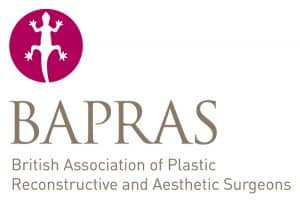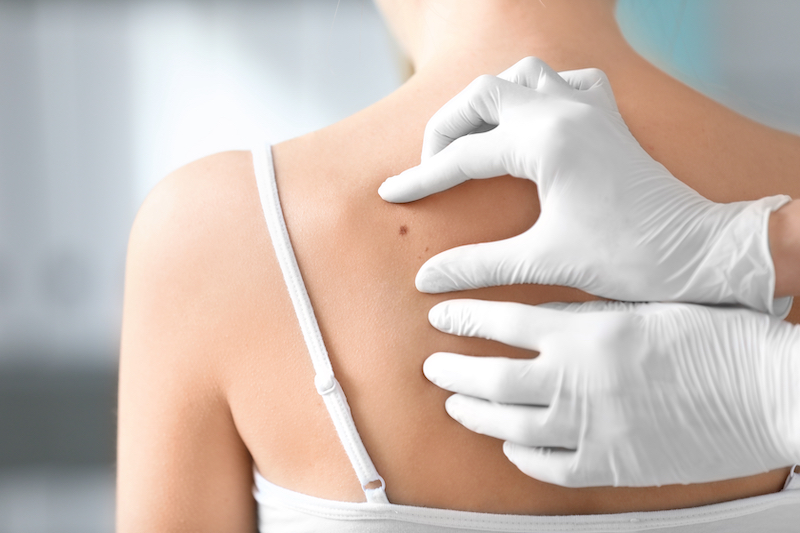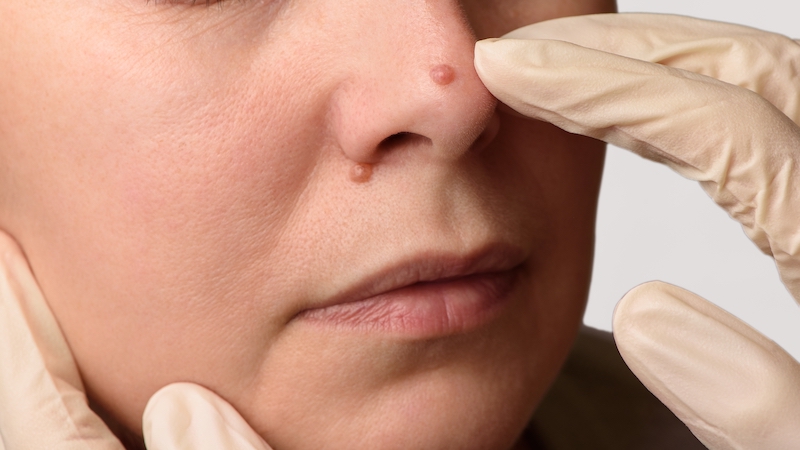
Skin Procedures
Dermatologic Surgery (Skin Surgery)
10 Harley Street
London W1G 9PF
Dermatologic Surgery (Skin Surgery)
A skin biopsy is a medical procedure where a small fragment/piece of a skin lesion is removed for examination under a microscope.
(The area will be numbed prior with local anaesthetic).
This allows to diagnose and rule out several skin conditions including skin cancer.
A skin excision is a surgical procedure involving the removal of an entire skin lesion, either for diagnostic or for therapeutic purposes.
Skin lesions include:
Skin tags, warts, moles, keratoses, cysts.
A shave excision is a surgical procedure where the raised portion of a skin lesion is removed by shaving it off with a scalpel blade. This method is often used for superficial lesions like moles or non-cancerous skin growths, typically for diagnostic or cosmetic reasons.
MOLES
Sun exposure seems to play a role in the development of moles and may even play a role in the development of atypical, or dysplastic, moles. Dr Linda Fiumara frequently removes moles, or nevi, especially if they are suspected of being pre-cancerous. Moles are often removed if they are protruding and cause irritation, to achieve smoother, clearer skin, and to enhance appearance and improve self-esteem.
PIGMENTED SPOTS
Brown spots that appear on the skin are known as pigment spots, sunspots, age spots or liver spots. These are flat, brown areas which are also called lentigines.
They are primarily caused by the sun and usually appear on the face, hands, back and feet. They are generally harmless, but sometimes resemble melanoma, and therefore may require careful assessment.
As we age, exposure to sun, wind and extreme weather can begin to show on our faces. Most pigmented lesions can be attributed to the sun’s damaging ultraviolet rays. Preventative measures should always be taken by using sunscreen and avoiding overexposure to the sun. This will not correct damage which has already occurred, but can help to avoid greater damage in the future.
ACTINIC KERATOSIS
Actinic keratosis can be the first step in the development of skin cancer, and, therefore, is a precursor of cancer or a pre-cancerous lesion.
Dr Fiumara offers multiple treatments for actinic keratosis including cryosurgery, curettage, and topical creams. During your consultation with Dr Fiumara, she will work closely with you to determine whether treatment is warranted and, if so, which therapeutic approach will be most effective.
During your consultation, Dr Fiumara will explain the various approaches to treating skin lesions with each patient so that together you will make an informed decision of which course of treatment to follow.
As a fully certified plastic surgeon Dr Linda Fiumara has the training, experience, patience and understanding to answer all your questions and help you to choose the best possible treatment for your needs and desired outcome.
To book a consultation call 07943 277 215 or email clinic@lindafiumara.com
Skin Procedures
Dermatologic Surgery
(Skin Surgery)
Dermatologic Surgery
(Skin Surgery)
A skin biopsy is a medical procedure where a small fragment/piece of a skin lesion is removed for examination under a microscope.
(The area will be numbed prior with local anaesthetic).
This allows to diagnose and rule out several skin conditions including skin cancer.
A skin excision is a surgical procedure involving the removal of an entire skin lesion, either for diagnostic or for therapeutic purposes.
Skin lesions include:
Skin tags, warts, moles, keratoses, cysts.
A shave excision is a surgical procedure where the raised portion of a skin lesion is removed by shaving it off with a scalpel blade. This method is often used for superficial lesions like moles or non-cancerous skin growths, typically for diagnostic or cosmetic reasons.
MOLES
Sun exposure seems to play a role in the development of moles and may even play a role in the development of atypical, or dysplastic, moles. Dr Linda Fiumara frequently removes moles, or nevi, especially if they are suspected of being pre-cancerous. Moles are often removed if they are protruding and cause irritation, to achieve smoother, clearer skin, and to enhance appearance and improve self-esteem.
PIGMENTED SPOTS
Brown spots that appear on the skin are known as pigment spots, sunspots, age spots or liver spots. These are flat, brown areas which are also called lentigines.
They are primarily caused by the sun and usually appear on the face, hands, back and feet. They are generally harmless, but sometimes resemble melanoma, and therefore may require careful assessment.
As we age, exposure to sun, wind and extreme weather can begin to show on our faces. Most pigmented lesions can be attributed to the sun’s damaging ultraviolet rays. Preventative measures should always be taken by using sunscreen and avoiding overexposure to the sun. This will not correct damage which has already occurred, but can help to avoid greater damage in the future.
ACTINIC KERATOSIS
Actinic keratosis can be the first step in the development of skin cancer, and, therefore, is a precursor of cancer or a pre-cancerous lesion.
Dr Fiumara offers multiple treatments for actinic keratosis including cryosurgery, curettage, and topical creams. During your consultation with Dr Fiumara, she will work closely with you to determine whether treatment is warranted and, if so, which therapeutic approach will be most effective.
During your consultation, Dr Fiumara will explain the various approaches to treating skin lesions with each patient so that together you will make an informed decision of which course of treatment to follow.
As a fully certified plastic surgeon Dr Linda Fiumara has the training, experience, patience and understanding to answer all your questions and help you to choose the best possible treatment for your needs and desired outcome.
As featured in The Evening Standard and The Telegraph –










Copyright © 2023 Dr Linda Fiumara MD
Designed by Createch


